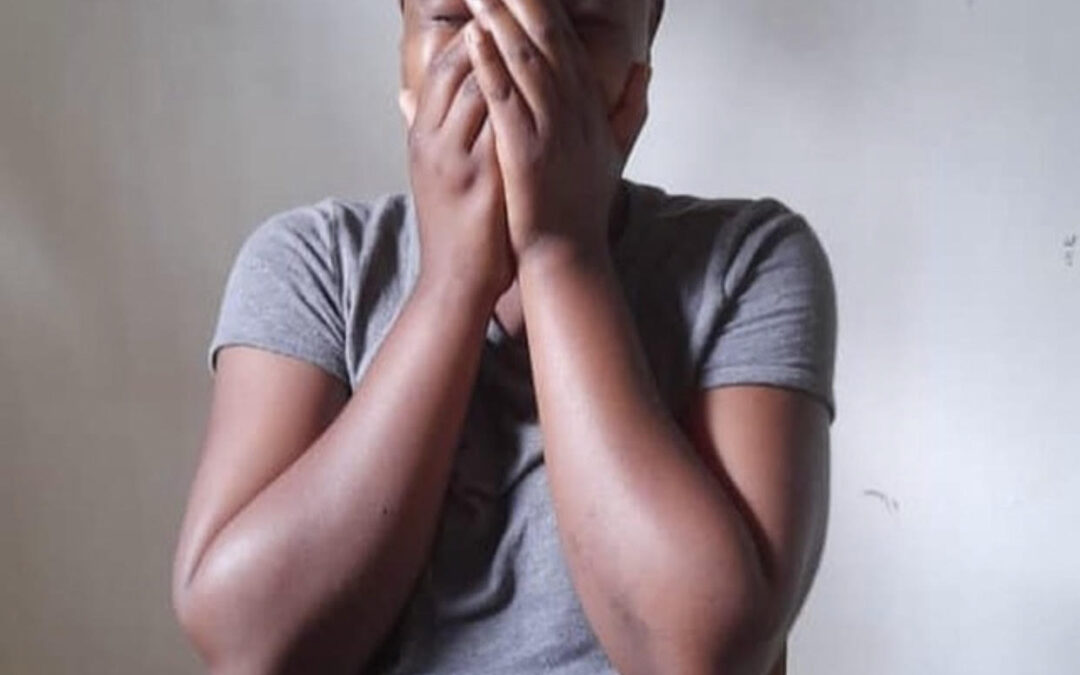In Rwanda, a small country located in East Africa, a unique tradition exists where young girls are required to shave their heads before attending school. This practice holds significant cultural and social implications, impacting the girls’ sense of identity and femininity. In this blog, we will delve into the reasons behind this tradition, its historical context, and the effects it has on these young girls’ lives.
Historical Context:
To understand the practice of shaving heads in Rwandan schools, it is essential to consider the country’s history. Rwanda experienced a devastating genocide in 1994, which resulted in the loss of approximately 800,000 lives. In the aftermath, the country faced numerous challenges, including rebuilding its education system. The tradition of shaving heads emerged as a way to promote hygiene and equality among students, regardless of their socio-economic backgrounds.
Promoting Hygiene:
One of the primary reasons for this practice is to ensure cleanliness and hygiene among schoolchildren. Rwanda is a country with a predominantly rural population, and access to clean water and sanitation facilities can be limited. By shaving their heads, young girls can avoid lice infestations and maintain good personal hygiene, preventing the spread of diseases within the school environment.
Fostering Equality:
The tradition of shaving heads in Rwandan schools also aims to promote equality among students. By removing external markers of wealth or social status, such as hairstyles or hair accessories, the focus shifts to the students’ intellect and character. This practice creates a level playing field, where all students are judged solely on their academic abilities, fostering a sense of unity and camaraderie among the students.
Challenging Gender Stereotypes:
In many societies, long hair is often associated with femininity. However, the act of shaving their heads challenges traditional gender stereotypes for young Rwandan girls. By embracing this practice, these girls are encouraged to redefine femininity on their own terms, emphasizing qualities such as intelligence, resilience, and determination over physical appearance.
Impact on Identity:
While the tradition of shaving heads in Rwandan schools serves a practical purpose, it also has a profound impact on the girls’ sense of identity. Hair is often seen as an expression of one’s personality, culture, and individuality. For these young girls, losing their hair can be a challenging experience, as it alters their physical appearance and can temporarily affect their self-esteem.
Rebuilding Identity:
However, it is important to note that the impact on identity is not solely negative. The act of shaving their heads allows these girls to explore and redefine their identities beyond societal expectations. It becomes an opportunity for self-discovery, as they learn to embrace their inner strength, resilience, and intelligence. This process can lead to a stronger sense of self and empowerment in the long run.
Community Support:
The impact of shaving heads on identity is mitigated by the strong sense of community support in Rwandan society. Families, teachers, and fellow students rally around these girls, providing emotional support and encouragement. This collective support helps the girls navigate the challenges associated with the loss of their hair, reinforcing their sense of belonging and acceptance.
The tradition of shaving heads among young girls attending school in Rwanda may seem peculiar to outsiders, but it holds deep cultural significance. While it impacts their sense of identity and femininity, it also promotes hygiene, equality, and challenges traditional gender stereotypes. By exploring the reasons behind this practice and its effects, we can gain a deeper understanding of the complex interplay between culture, education, and personal identity in Rwanda.
Rev. Stephanie Denise
Finding Purpose Within,

